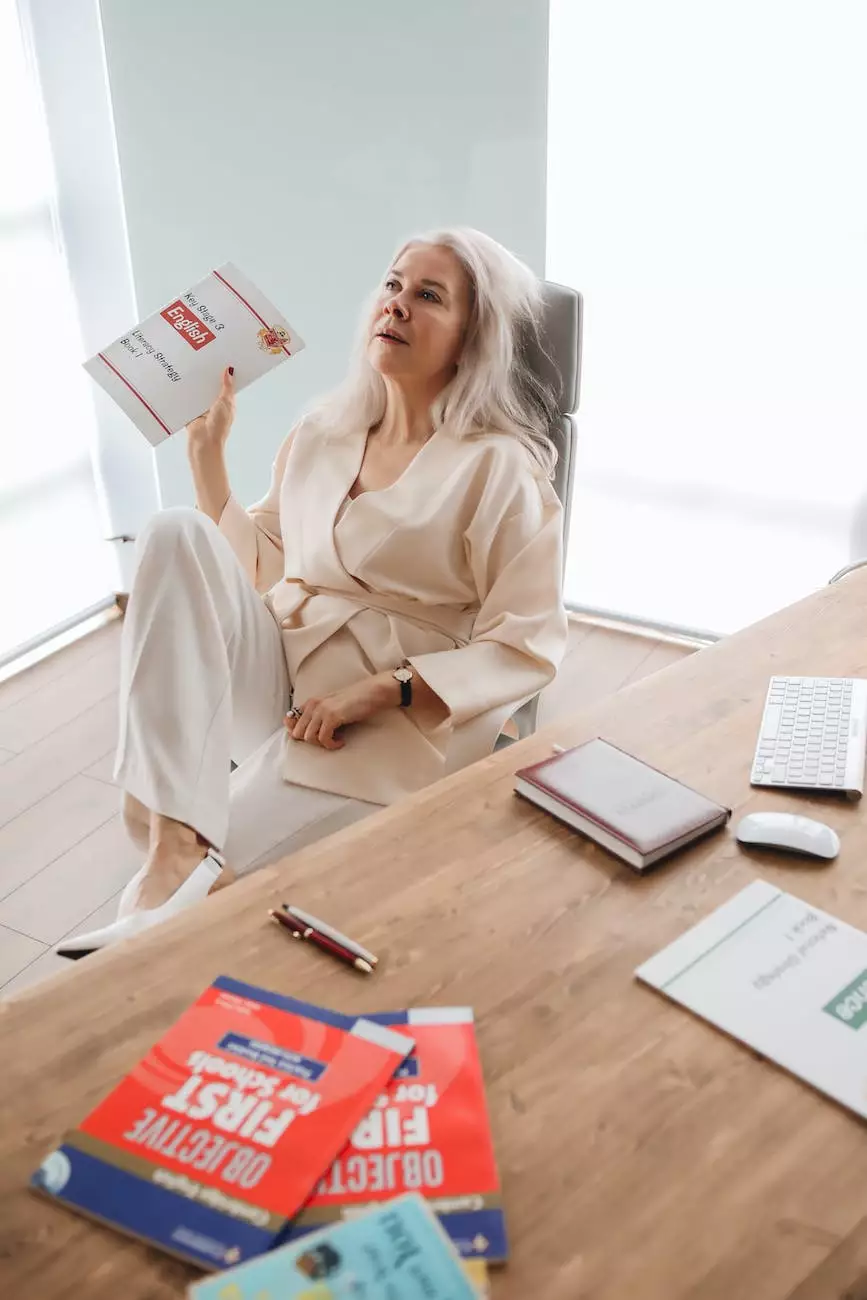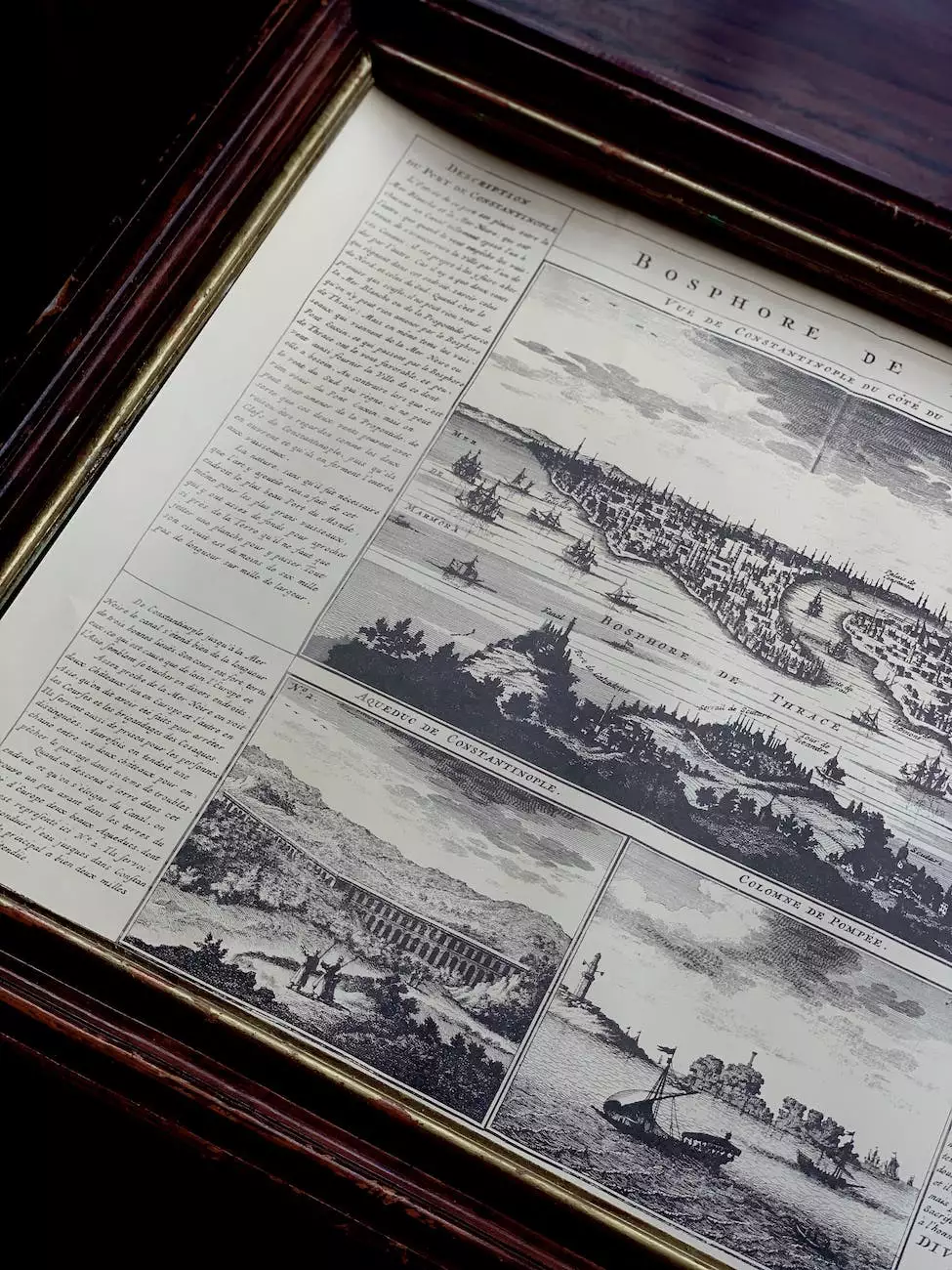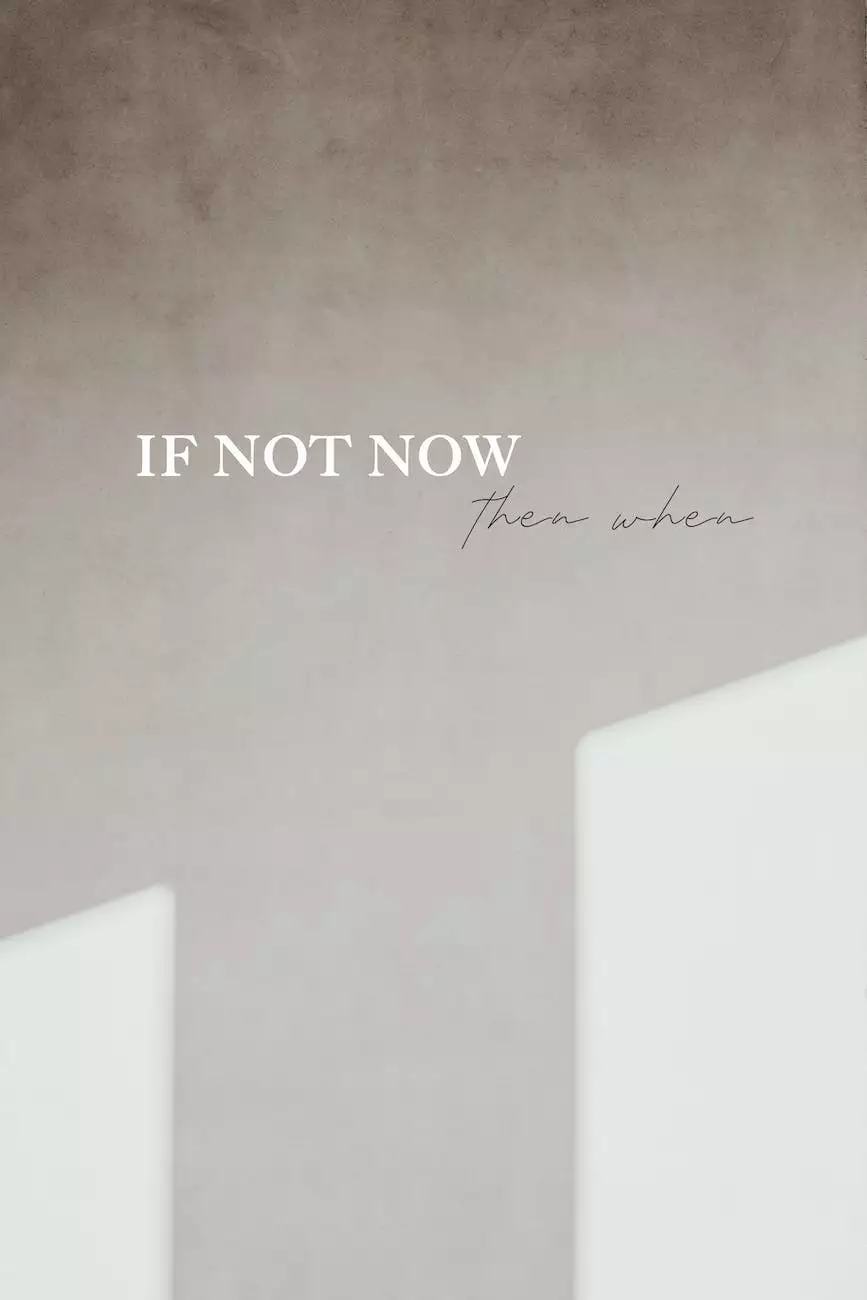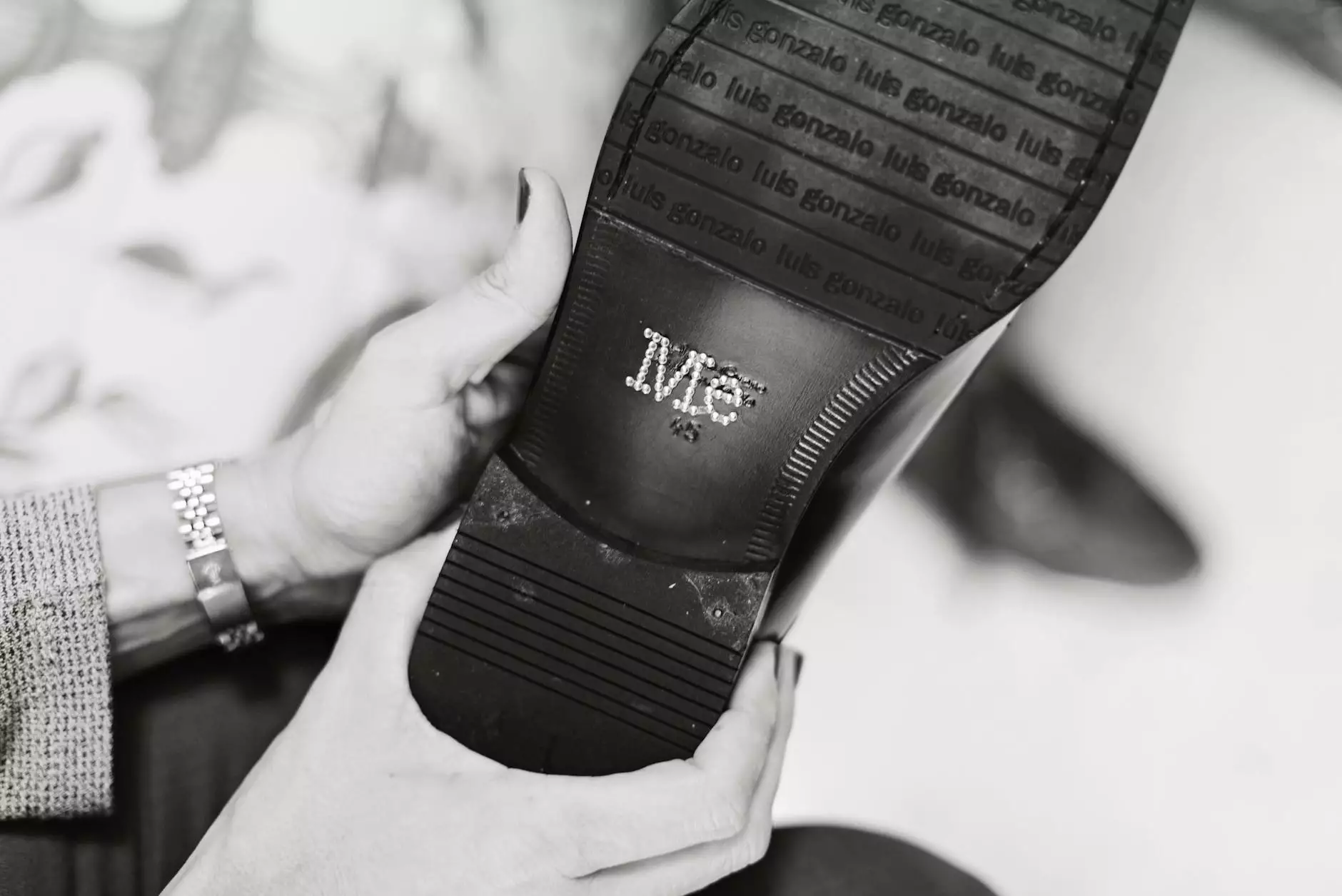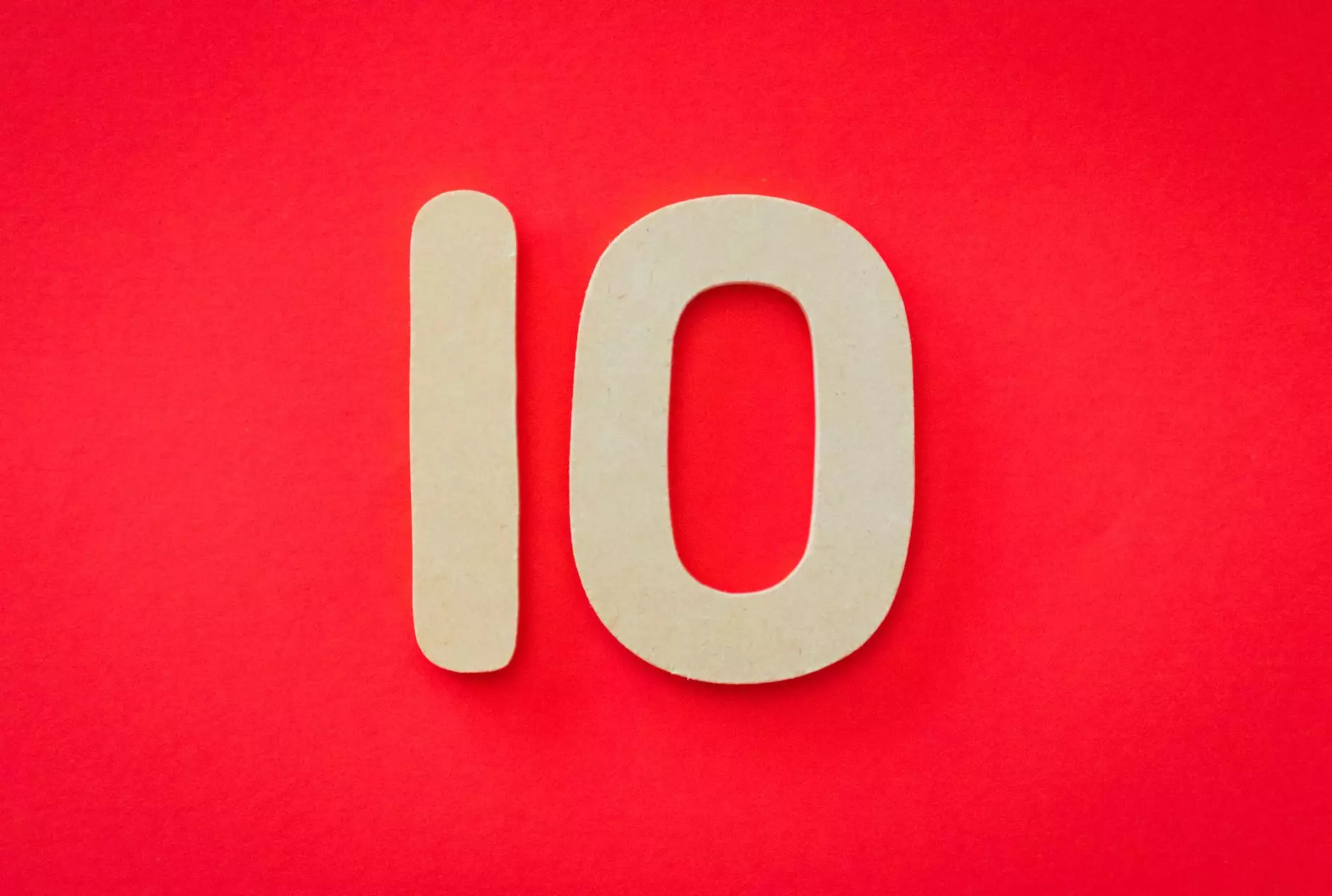Learn English Vocabulary - Look Forward To vs. Looking Forward To
English Vocabulary Lessons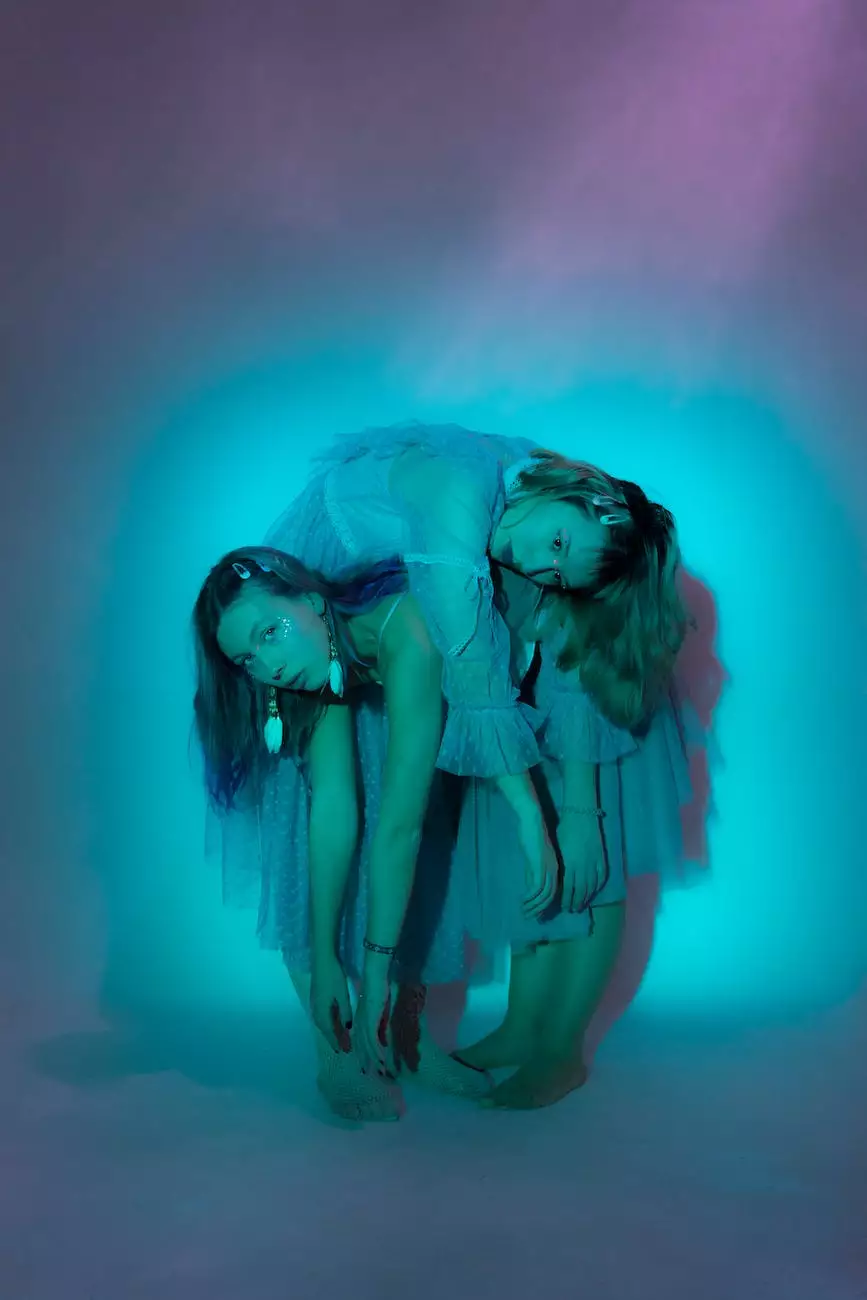
Welcome to NJCLT's comprehensive lesson on Look Forward To vs. Looking Forward To in English vocabulary. In this detailed guide, we will delve into the nuances of these phrases, explore their different uses, and provide examples to help you grasp them effectively.
Understanding the Differences
While both phrases express anticipation for future events, they possess distinct meanings and usage patterns.
Look Forward To
The phrase 'Look Forward To' is widely used when talking about future plans or expectations. It is typically followed by a noun or a gerund (-ing form of a verb), indicating the specific event or action that you anticipate.
Let's take a look at some examples:
- I look forward to meeting you at the conference.
- We all look forward to the upcoming vacation.
- She looks forward to celebrating her birthday with friends.
As you can see, 'Look Forward To' is used to express a positive expectation or eagerness towards something that is going to happen in the future.
Looking Forward To
The phrase 'Looking Forward To' is similar in meaning to 'Look Forward To' but is typically used in a more informal context. It conveys the same sense of anticipation and excitement for future events.
Here are some examples:
- I'm looking forward to attending the concert tonight.
- We're looking forward to hearing your feedback on the project.
- He's looking forward to receiving his promotion letter.
Similar to 'Look Forward To', 'Looking Forward To' also emphasizes the anticipation of something enjoyable or positive in the future.
Using the Phrases Appropriately
When using these phrases, it's essential to pay attention to the context and grammatical structure. Below are a few guidelines to ensure correct usage:
Verb Tense
Both phrases are commonly used with the present progressive tense to express ongoing anticipation for future events. However, they can also be used with other verb tenses.
For example:
- I look forward to seeing you at the party tomorrow. (Future tense)
- She has always looked forward to spending time with her family. (Past tense)
Remember to select the appropriate tense based on the context and timeframe of the event you are referring to.
Formality
As mentioned earlier, 'Look Forward To' is more formal compared to 'Looking Forward To', which is commonly used in informal conversations. Consider the tone and setting to decide which phrase suits the context better.
Conclusion
In summary, mastering the usage of 'Look Forward To' and 'Looking Forward To' is crucial for effectively communicating your anticipations in English. Understand the nuances, practice using them in different situations, and gradually enhance your vocabulary skills.
At NJCLT, we provide comprehensive English language lessons and resources to empower learners like you. Stay tuned for more valuable lessons and tips to enhance your language proficiency.

